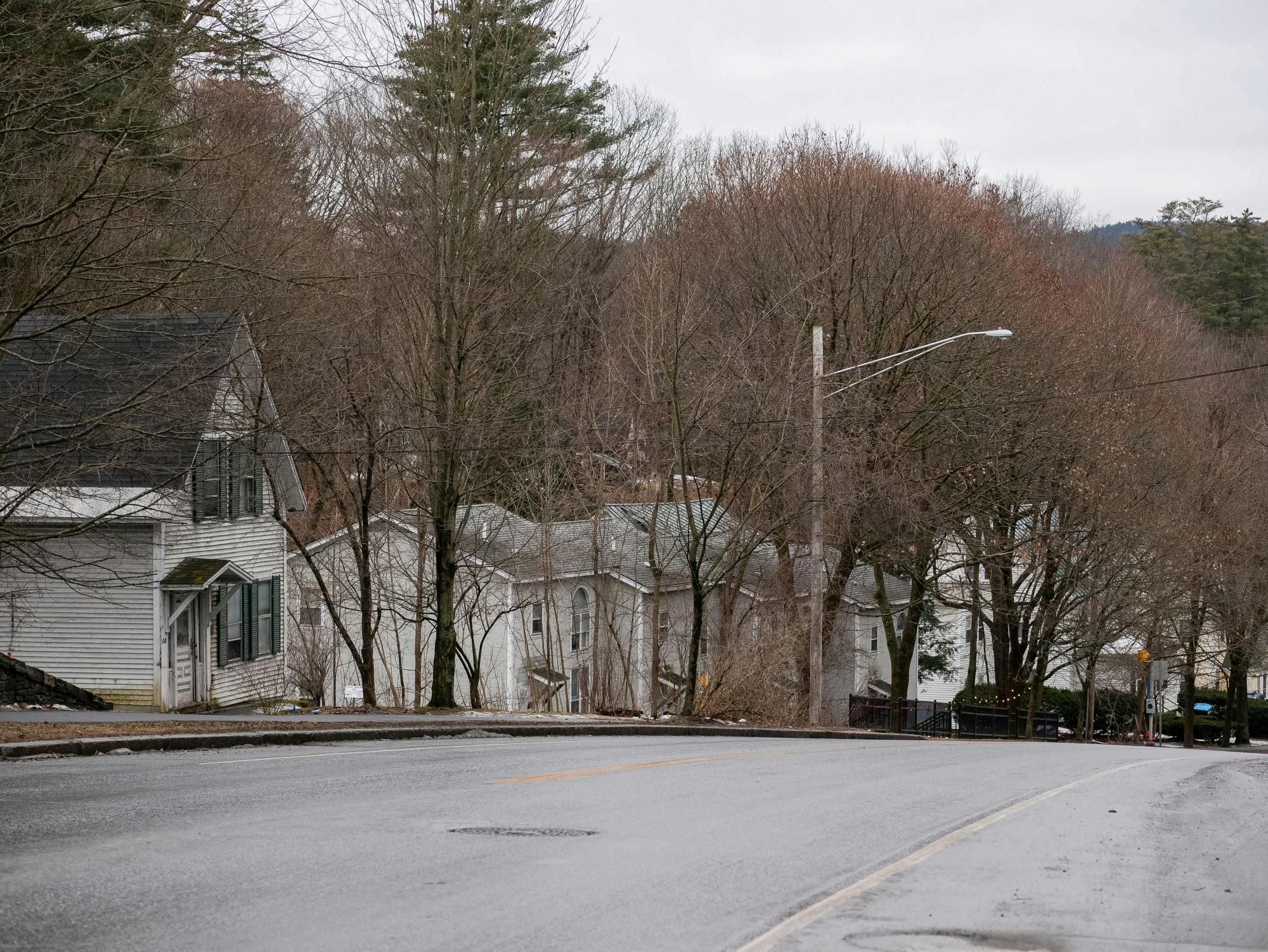On June 21, Dartmouth finalized the purchase of four West Wheelock Street properties as part of an effort to increase housing options, according to the Student Affairs webpage. The $23.5 million acquisition of 14, 16, 41 and 43 West Wheelock — which join five College properties on the north side of the street — makes Dartmouth the largest landowner on West Wheelock Street.
According to the Student Affairs webpage, a change in Hanover’s zoning ordinance approved at the 2022 Hanover Town meeting allows for high-density housing to be developed along portions of West Wheelock Street.
In her inaugural address last fall, College President Sian Leah Beilock called for the addition of 1,000 new beds across campus over the next decade. The College ultimately hopes to house 90% of students on campus, according to senior vice president of capital planning and campus operations Josh Keniston.
According to Keniston, the College needs approximately 600 new undergraduate beds to achieve this goal.
“Over the last few years, we’ve been below 90% and hovering around the 85% mark,” Keniston said. “There’s a lower percentage of students living on campus, which is not because I don’t think there’s demand for it. I think it’s because we haven’t had the housing available.”
The properties’ previous owner, Jolin Kish ’88, Th ’91, said the College considered factors such as drainage systems, sewer lines, shape, size, soil type, topography and water lines of the properties before purchasing them.
“It’s one thing to see [the properties] on a map, and it’s another thing to know what’s actually there and what can be done with what’s there,” Kish said. “…There were a lot of meetings and discussions for the College to figure out if it would be to their benefit to try and develop the properties I had versus other properties.”
Keniston said the biggest motivator to purchase properties on West Wheelock Street was their proximity to major campus locations, including the Tuck School of Business, the Arthur L. Irving Institute for Energy and Society and the Engineering and Computer Science Center.
“It’s really close to the dining hall and not a far walk from the Green,” Keniston said. “That really helps us create a sense of community on campus by having our undergraduates close to those core aspects.”
Jacob Markus ’26, an undergraduate student living in an off-campus West Wheelock Street apartment, wrote in an email statement to The Dartmouth that the new properties will make the West End of campus more accessible to engineering and computer science majors.
“These nearby purchases are a great opportunity to reduce this journey [to the West End] and give the least social among us a little community,” Markus wrote.
Markus added that he believes the purchase is vital to fixing Dartmouth’s “unfortunate” and “chronic” housing shortage. He said he “supports” adding new residential options for undergraduates.
Matthew Kim ’26, another undergraduate student living in an off-campus West Wheelock Street apartment, said he believes that Dartmouth’s housing shortage may be fixed without the purchase of new properties by promoting relatively small class sizes.
“I generally think that the housing shortage is a preventable issue,” Kim said. “As it is, building more housing is good, but not a real solution for keeping the College a small college.”
Keniston said the construction of new residential halls will also contribute to the College’s energy and environmental goals. According to Keniston, new buildings will be designed to be “super efficient” and support a “60% reduction in our carbon emissions by 2030 and carbon zero by 2050.”
“It’s part of a whole integrated strategy to both foster a sense of community on campus and be supportive of our climate goals,” Keniston said.




